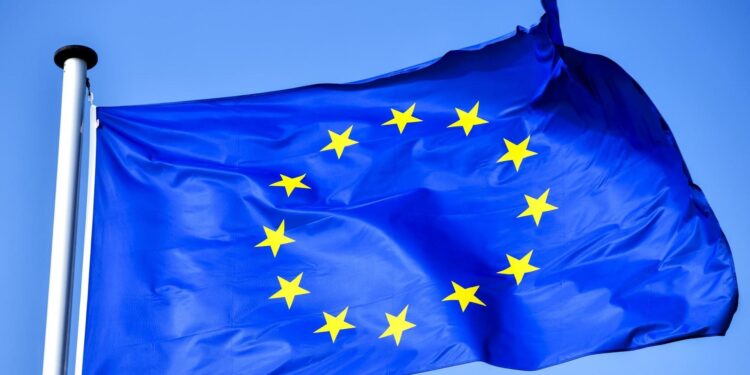The European Union and Slovakia have reached a consensus on implementing a phased ban on Russian gas imports as part of the bloc’s 18th package of sanctions against Moscow. This coordinated move marks a significant step in intensifying economic pressure on Russia amid the ongoing conflict in Ukraine. By aligning their energy policies, the EU and Slovakia aim to reduce dependency on Russian energy supplies while seeking to bolster the bloc’s energy security and political unity.
EU and Slovakia Reach Consensus on Gradual Russian Gas Import Ban Strategy
The EU and Slovakia have aligned on a strategic, phased approach to impose a ban on Russian gas imports as part of the latest 18th sanctions package. This consensus reflects growing solidarity among member states to reduce reliance on Russian energy, while carefully managing the region’s energy security. Slovakia, heavily dependent on Russian gas, will implement gradual import restrictions combined with enhanced investments in alternative energy sources and diversified supply routes. This step underscores a balanced effort to uphold EU’s sanctions objectives without jeopardizing domestic energy stability.
Key components of the strategy include:
- Incremental reduction of Russian gas imports over a set timeline
- Support for infrastructure upgrades to accommodate alternative fuels
- Cross-border cooperation to optimize energy resource sharing
- Financial aid packages aimed at easing transition impacts on consumers
| Phase | Import Reduction Target | Implementation Timeline |
|---|---|---|
| Phase 1 | 25% | Q3 2024 |
| Phase 2 | 50% | Q1 2025 |
| Phase 3 | 75% | Q4 2025 |
| Complete Ban | 100% | Mid 2026 |
Implications for Slovak Energy Security and Regional Market Stability
The decision to phase out Russian gas imports marks a significant pivot for Slovakia’s energy strategy, pushing the nation to accelerate its diversification efforts and enhance self-reliance. Given Slovakia’s historical dependence on Russian supplies, the transition will necessitate substantial investments in alternative sources such as liquefied natural gas (LNG), renewable energy, and regional interconnectors. Experts highlight that without robust infrastructure upgrades and swift diversification, Slovakia faces the risk of supply disruptions during the transition period, which could impact both domestic consumption and industrial output.
On a broader scale, the ban reverberates across Central and Eastern Europe, influencing regional market stability and pricing dynamics. Key implications include:
- Increased demand for LNG terminals and pipeline capacity in neighboring countries to facilitate gas flow and share resources.
- Potential price volatility as markets adjust to shifting supply routes and geopolitical uncertainties.
- Heightened cooperation among EU member states for energy solidarity mechanisms and emergency response coordination.
| Aspect | Short-Term Impact | Long-Term Outlook |
|---|---|---|
| Supply Stability | Moderate risk of interruptions | Improved with diversified imports |
| Market Prices | Volatility expected | More competitive and resilient |
| Regional Cooperation | Strengthened emergency coordination | Strategic energy partnerships |
Recommendations for EU Member States on Navigating the Transition and Sanctions Compliance
As the EU moves forward with the phased ban on Russian gas imports, Member States must adopt a strategic approach to ensure compliance with the latest sanctions while safeguarding their energy security. It is critical to enhance coordination at both national and EU levels by strengthening monitoring mechanisms and sharing real-time intelligence on supply chain disruptions. Governments are encouraged to invest in alternative energy sources, accelerate infrastructure upgrades, and prioritize demand-side management to reduce dependency on Russian gas without causing undue economic strain.
Key actions for Member States include:
- Implementing rigorous compliance checks on import channels to prevent circumvention of sanctions.
- Promoting transparency with clear reporting frameworks to track progress and identify vulnerabilities.
- Engaging with regional partners to develop contingency plans for potential supply shortages.
- Offering support schemes for industries and consumers affected by the transition to mitigate economic shocks.
| Priority Area | Recommended Measure | Expected Impact |
|---|---|---|
| Energy Diversification | Expand LNG terminals and renewable projects | Reduced dependence on Russian gas |
| Sanctions Enforcement | Regular audits and sanctions compliance training | Minimized risk of sanctions breaches |
| Public Awareness | Information campaigns on energy savings | |
| Public Awareness | Information campaigns on energy savings | Increased consumer participation in demand reduction |
















